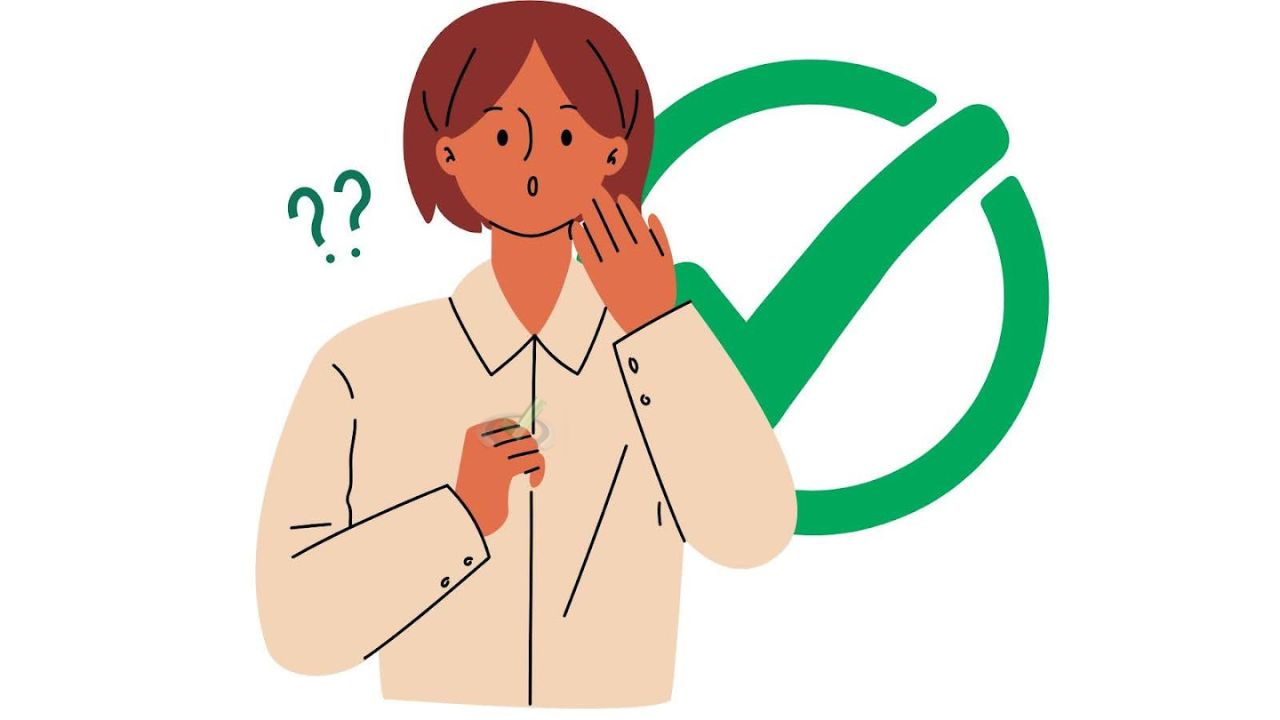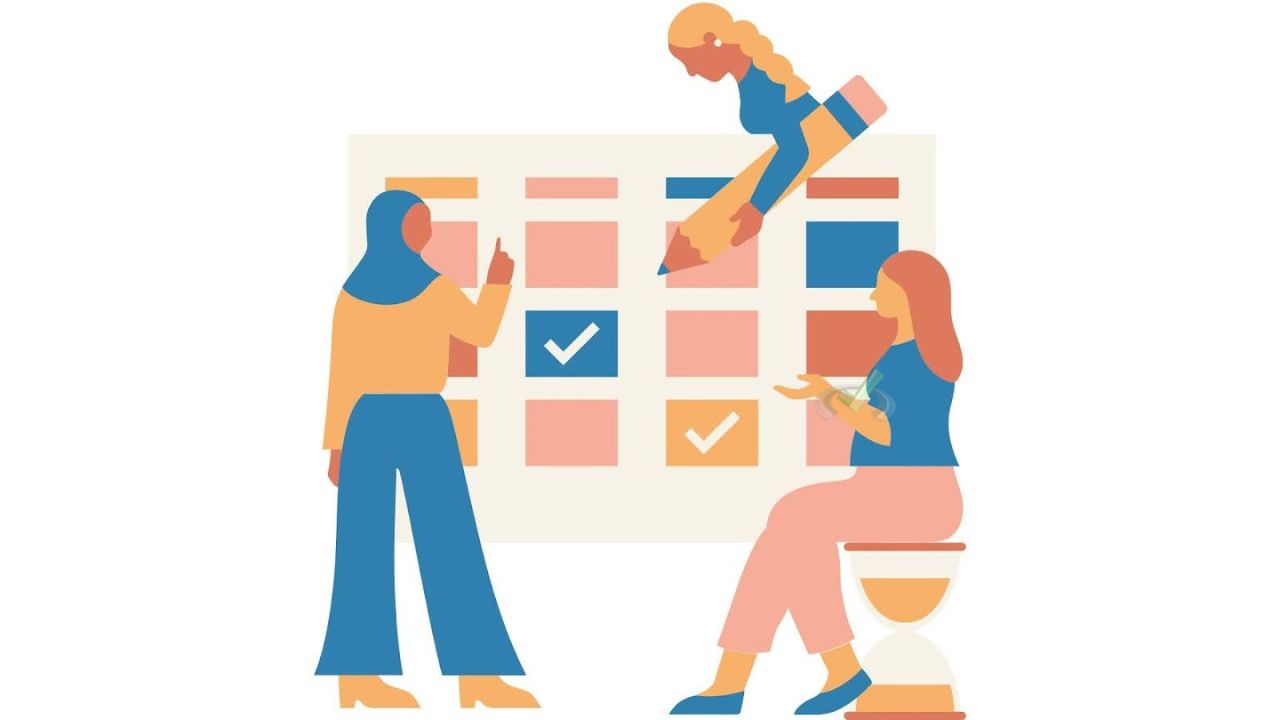
The NCLEX. For anyone who has dreamed of becoming a nurse, it’s a big deal. You’ve studied long hours, tackled mountains of information, and probably spent sleepless nights thinking about this test.
But here’s the burning question that keeps many future nurses up at night: How many questions do you have to get right on the NCLEX to pass?
After all, the NCLEX is known for being a challenging and mysterious exam. While it's tempting to think there's a simple magic number of questions you need to answer correctly to pass, there’s a little more to it than that.
Let’s break this down. It’s not about simply getting every question right. The NCLEX is a computerized adaptive test (CAT), and it doesn’t work like most exams you’ve probably taken before.
The test adjusts based on your responses to measure your level of competency. So, you might be able to pass by getting fewer questions correct, depending on how well you answer them and how the test adapts to your performance.
Ready to uncover the secrets behind those NCLEX questions and get a clearer picture of what you need to do to pass? Keep reading.Understanding the NCLEX Scoring System
Before we jump into the number of questions, it’s crucial to understand how the NCLEX works. How many questions do you have to get right on the NCLEX?
Well, the answer isn’t as straightforward as you might think. The NCLEX uses a computerized adaptive testing (CAT) system. That means the test isn’t static. It changes based on how you’re doing.
Here’s how it works: the test begins with a moderate difficulty level. If you get questions right, the difficulty increases. If you answer incorrectly, the test will give you easier questions. The system adjusts dynamically as you go, continuously determining your ability level.
This system is designed to pinpoint your level of knowledge and skill. Instead of asking you the same kinds of questions regardless of your ability, it tailors itself to find out if you meet the competency standard for nursing practice.How Does Adaptive Testing Work?
It’s not about answering a certain number of questions right—it’s about demonstrating that you have the necessary skills to practice as a nurse.

How Many Questions Do You Have to Get Right on the NCLEX to Pass?
Let’s address the heart of the question: how many questions do you have to get right on the NCLEX to pass? There’s no magic number. The NCLEX doesn’t require you to get a fixed percentage of questions correct to pass.
It’s all about whether you meet the passing standard based on your ability.
For most candidates, answering 60% to 75% of questions correctly is enough to meet the standard, but this can vary depending on the test and the adaptive system.The Passing Standard
The NCLEX has a specific passing standard, which is determined by nursing experts. It reflects the level of competency that a nurse needs to have in order to provide safe care.
This standard is the benchmark the exam uses to evaluate whether you're ready for the responsibilities that come with being a nurse.
This passing standard can vary slightly depending on the exam version. But, take note that it’s generally set to ensure that every nurse who passes is safe and capable of performing the tasks required in the role.
Remember, it’s not about answering a certain number of questions right. It’s about proving that you can meet the passing standard for nursing practice. The NCLEX measures your competence in a wide range of clinical scenarios, not just factual recall.The NCLEX Pass/Fail Process
Understanding the pass/fail process is key to easing any anxiety. It’s not as black and white as you might think. Here’s how the NCLEX determines whether you pass or fail:
How Many Questions Do You Have to Get Right on the NCLEX Based on Test Length?
One thing that drives candidates crazy is the uncertainty around the test length. Does it mean anything if you end up answering a ton of questions? Let’s break it down:
The length of the test really depends on how well you’re doing. If you answer consistently above the passing standard, the exam won’t go beyond 75 questions.
If your responses suggest that you might be below the passing standard, the system will continue to assess you until it reaches a conclusion. But don’t freak out if the test keeps going—it doesn’t mean you’re failing.

Can You Fail the NCLEX After Answering Only 75 Questions?
So, you’re wondering, can you fail after answering just 75 questions? Yes, it is possible—but it’s rare.
If your responses don’t meet the passing standard early on, the system will stop after 75 questions and you will not pass. But this is highly unlikely because the test has been designed to assess you accurately.
If the system feels that you are not meeting the standard, it will keep going. So, while 75 questions is a good sign, it doesn’t automatically guarantee that you’ve passed.How the NCLEX Passes or Fails You
Here’s the kicker: the NCLEX-RN or NCLEX-PN doesn’t just rely on a certain number of questions. It’s based on a confidence interval.
This is a fancy way of saying that the system looks at your answers and measures how confident it is that you can practice nursing safely.
If your answers meet the passing standard, the system will mark you as “pass.” If it doesn’t feel confident, it will keep giving you more questions to gather enough data.
The goal is to determine whether you have the necessary competency to be a nurse. The system uses sophisticated algorithms to ensure it makes an accurate decision. That’s why your score is based on your overall ability, not just on the raw number of correct answers you provide.What Happens If You Answer More Than 75 Questions?
If you find yourself answering a lot of questions, don’t panic. The test is just gathering more data to figure out where you stand.
More questions don’t necessarily mean that you’re failing. It simply means that the system hasn’t made a definitive decision about your competency yet. So, while it’s great if you can finish in 75 questions, it’s not the end of the world if the test keeps going.
If you answer a lot of questions, it’s probably because the system wants to ensure that it has enough information to assess whether you meet the standard. It’s not about quantity—it’s about accuracy and consistency.NCLEX Question Types: What Are They Testing?
The NCLEX is designed to measure how well you can think critically and apply your nursing knowledge. It doesn’t just test factual recall. Here are the key question types you’ll encounter:
Each question type tests your ability to apply nursing concepts in real-world scenarios, so it’s important to prepare for all types.
Tips for Smart NCLEX Preparation
When preparing for the NCLEX, studying smart can be just as important as studying hard. If you’re wondering, “How many questions do you have to get right on the NCLEX?” the reality is that it's more about quality than quantity.
You need to know your material inside and out, but you also need to learn how to study in a way that prepares you for the real test.
Prepare for the NCLEX with Daily Tips and Updates
If you're serious about passing the NCLEX, whether it’s your first time or you’re retaking the exam, subscribing to the NCLEX Daily Dose Emails is a must. Each day, you'll get a helpful tip, practice question, and more to keep you on track.
These daily emails are tailored to help you build confidence, master content, and keep your study sessions focused. Sign up now for your daily NCLEX boost, and get ready to pass with flying colors!Boost Your Chances of Passing With NCLEX Cheatsheets
Want to take your NCLEX prep to the next level? Download our free NCLEX Cheatsheets today! These handy resources break down the key concepts and strategies you need to know to pass the NCLEX with confidence.
From vital nursing content to test-taking tips, our cheatsheets give you a quick reference guide that will help you stay sharp during your study sessions. Get your free cheatsheets now and start preparing smarter, not harder!
Final Thoughts on How Many Questions Do You Have to Get Right on the NCLEX?
So, how many questions do you have to get right on the NCLEX to pass? The real answer is that there’s no magic number. It’s not about a specific number of correct answers—it’s about demonstrating that you meet the competency standard for nursing practice.
The NCLEX uses an adaptive system that adjusts the difficulty of the questions based on your responses. Whether you finish in 75 questions or 265 questions, the key is meeting the passing standard.
Focus on understanding the material, practicing different types of questions, and trusting your preparation. With the right mindset and approach, you’ll be ready to pass the NCLEX with confidence.